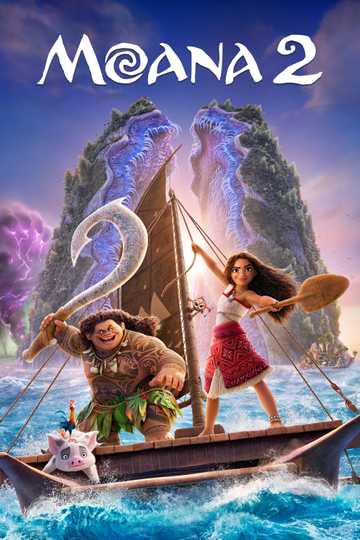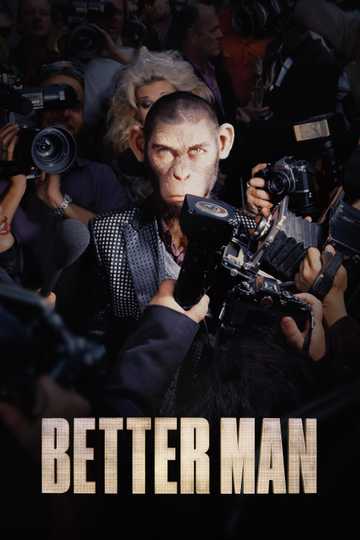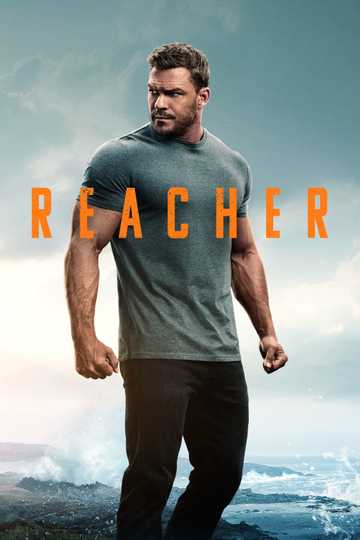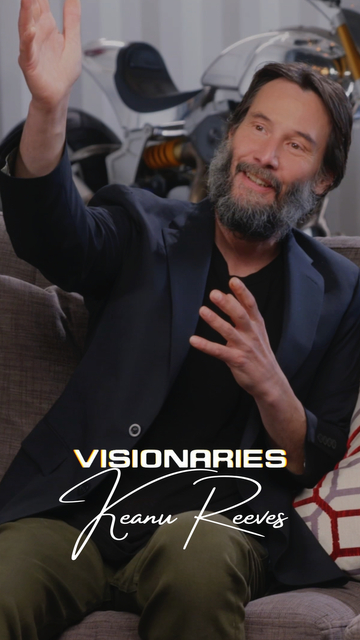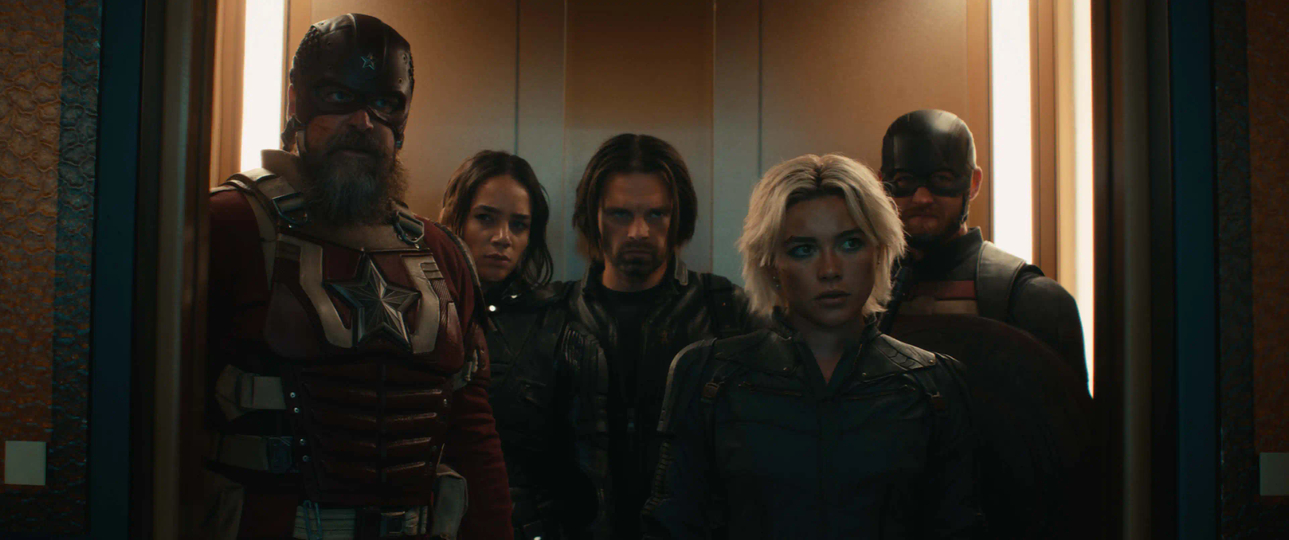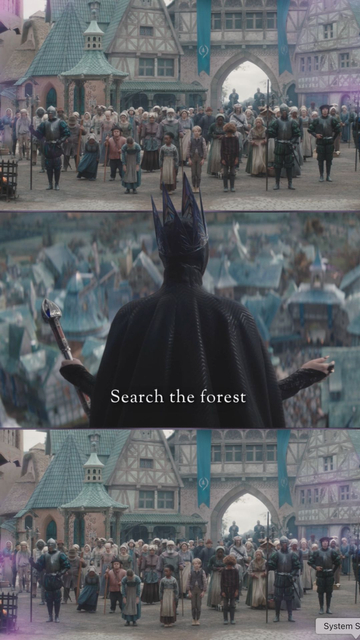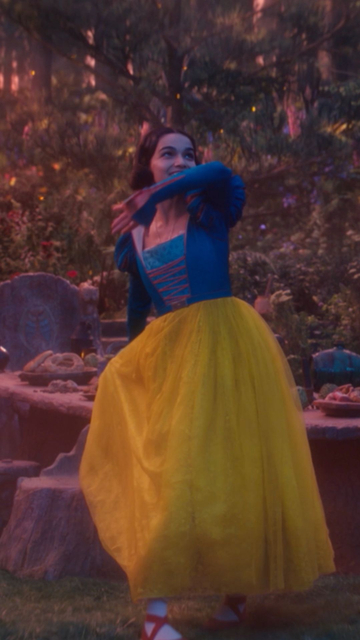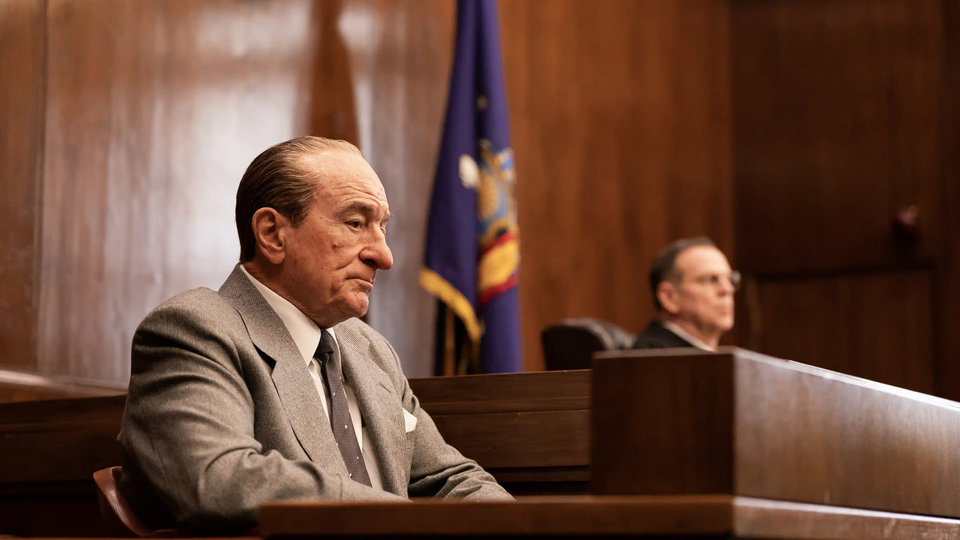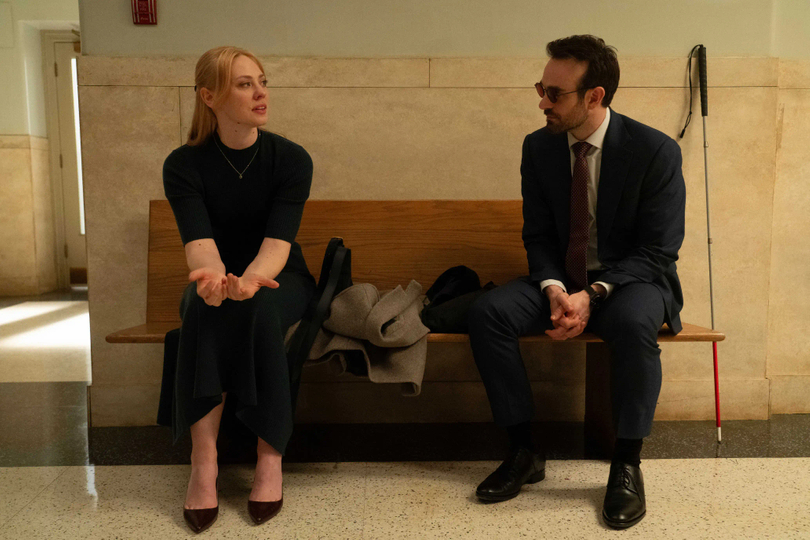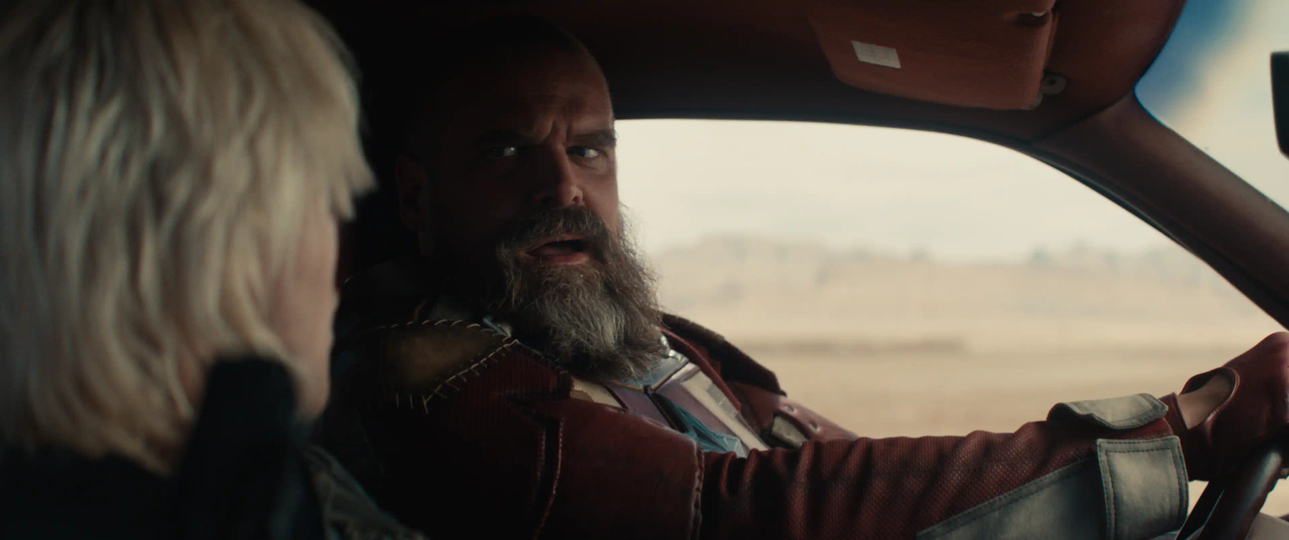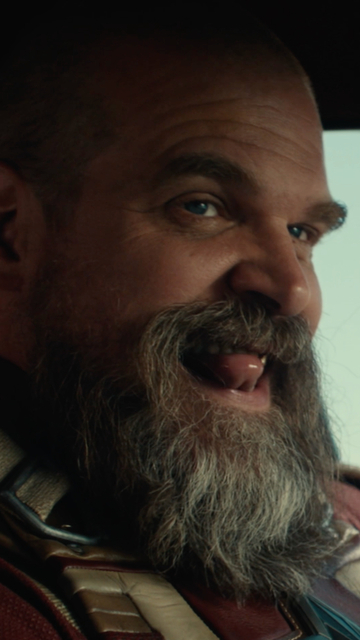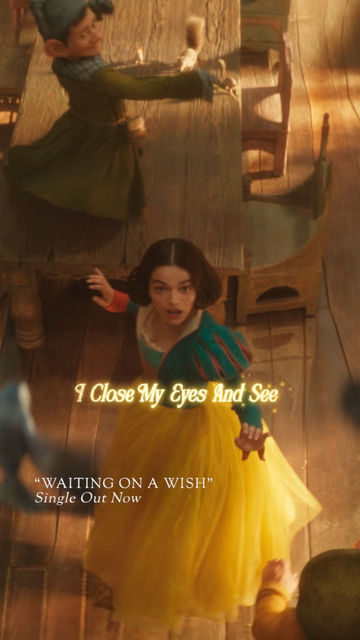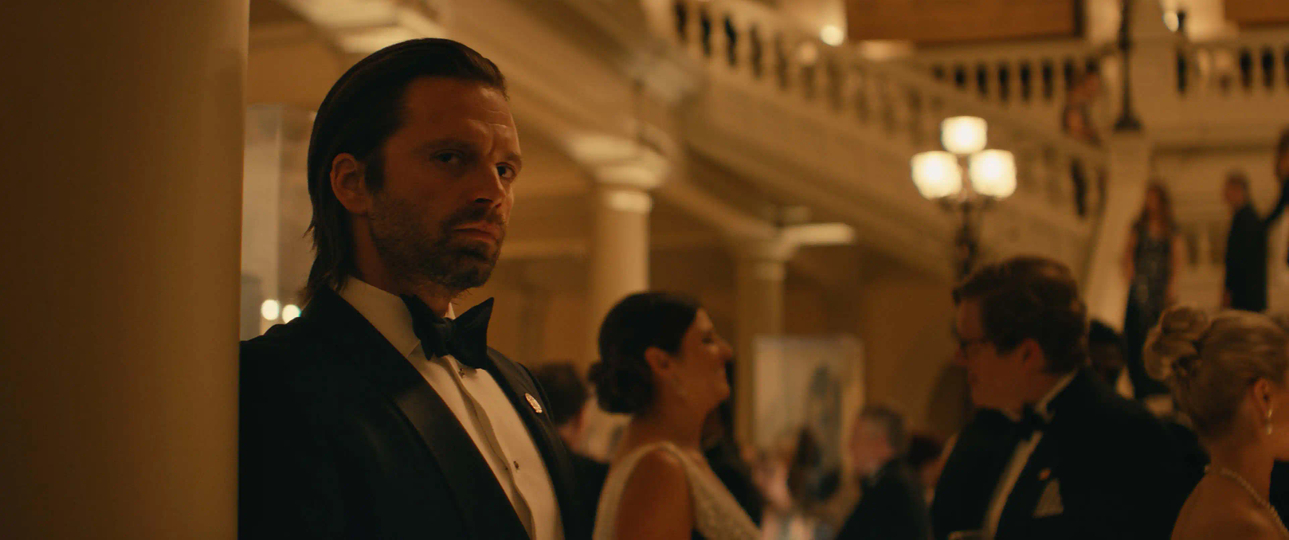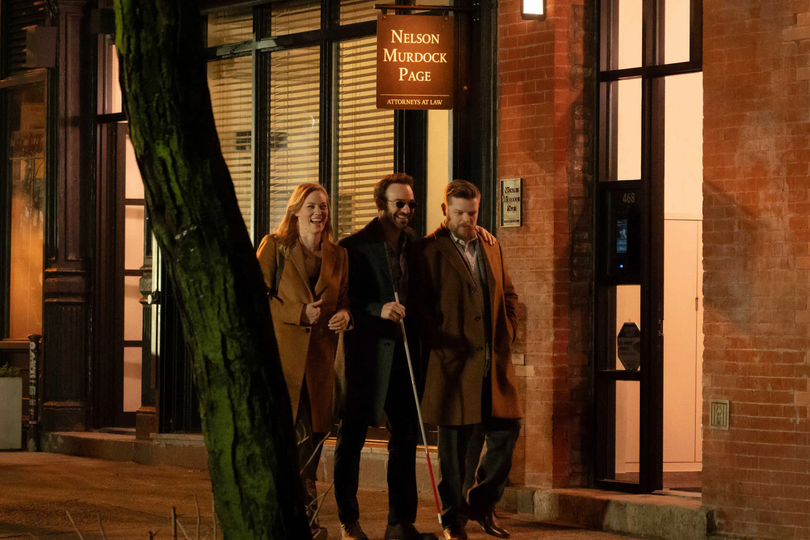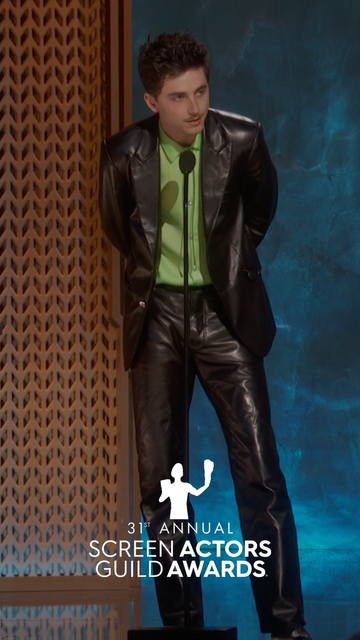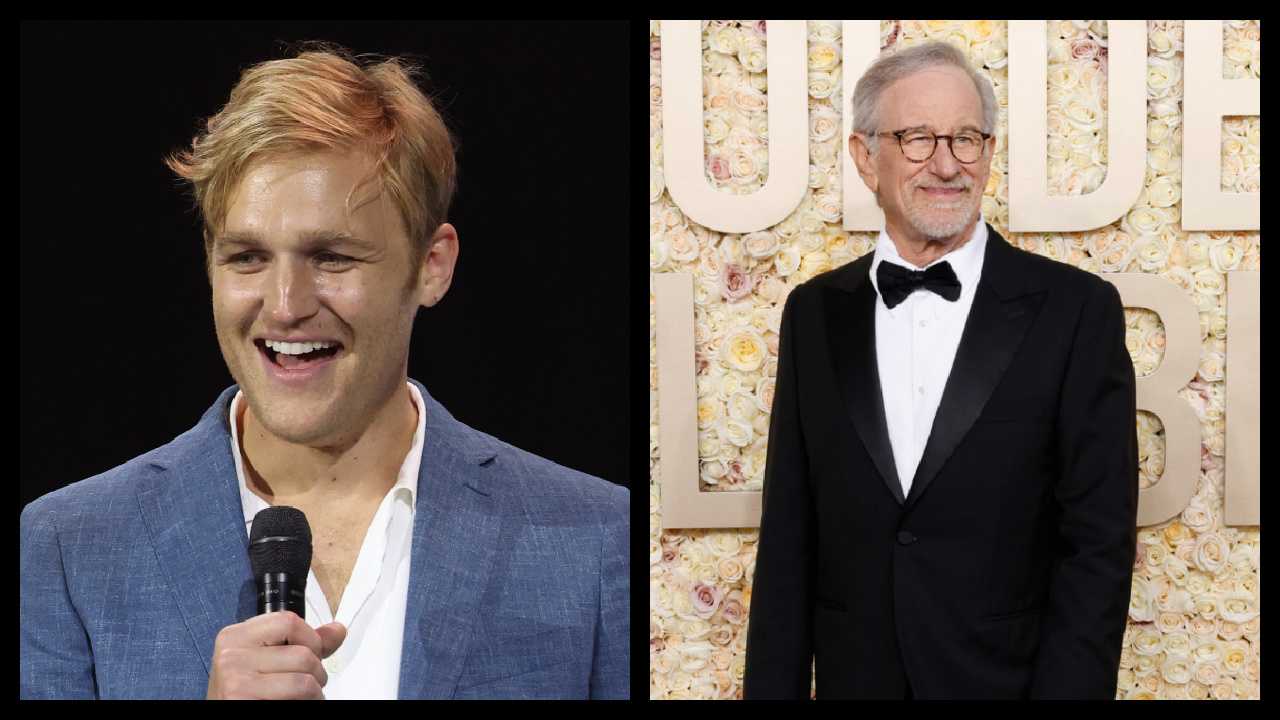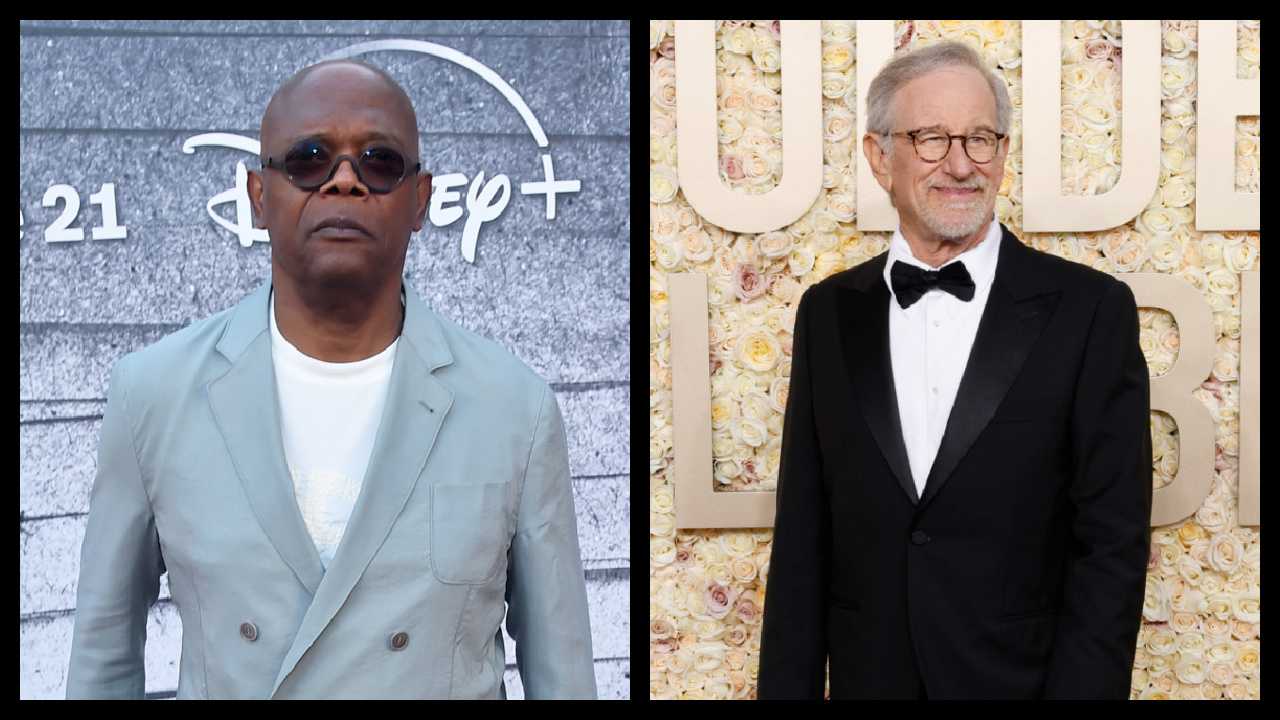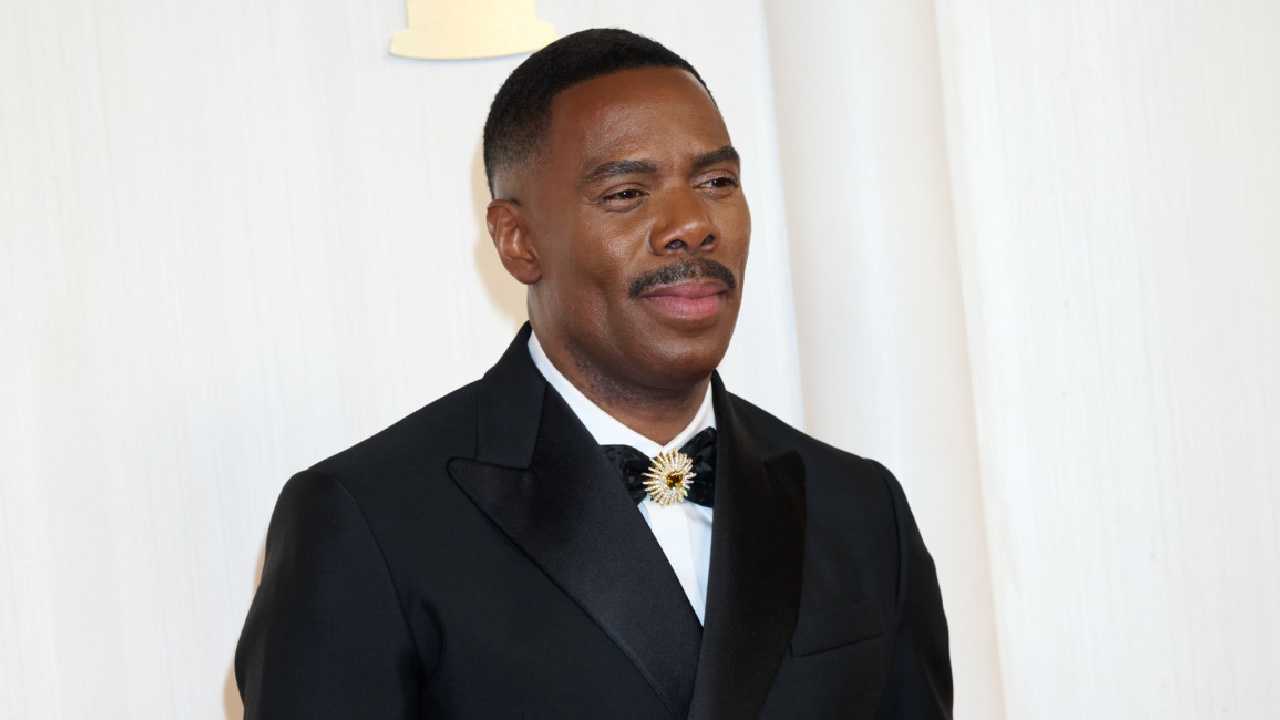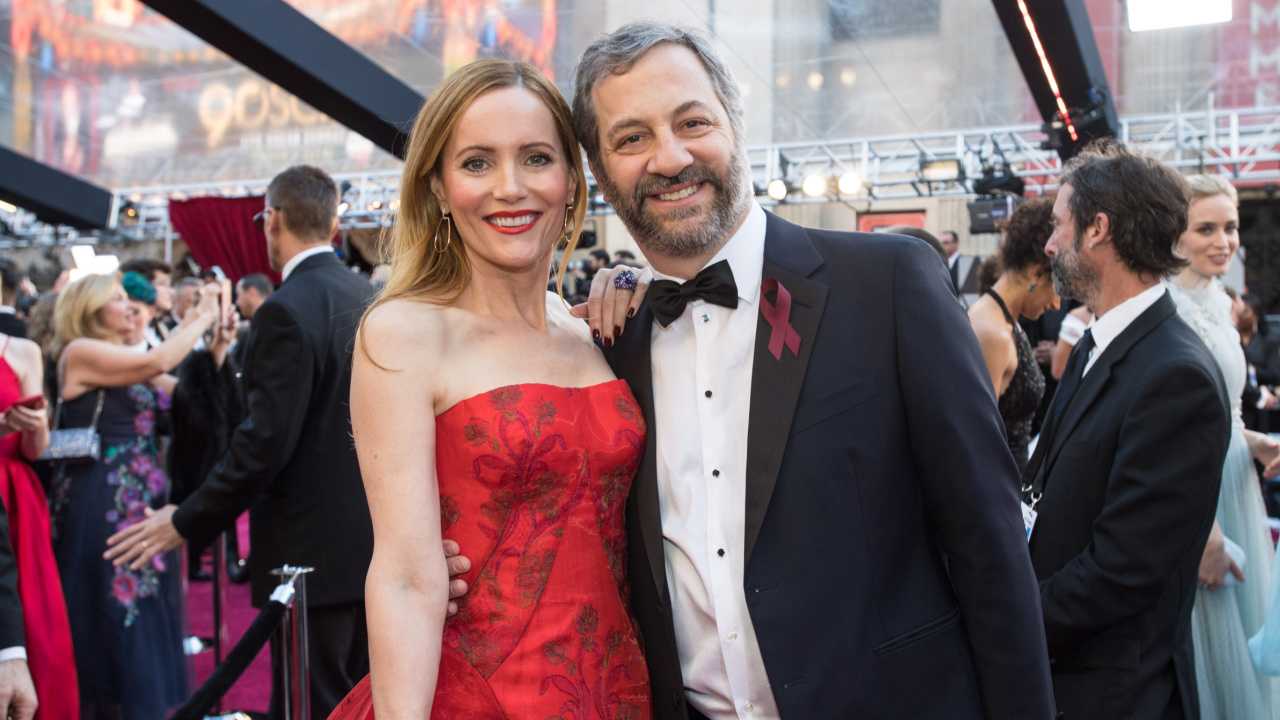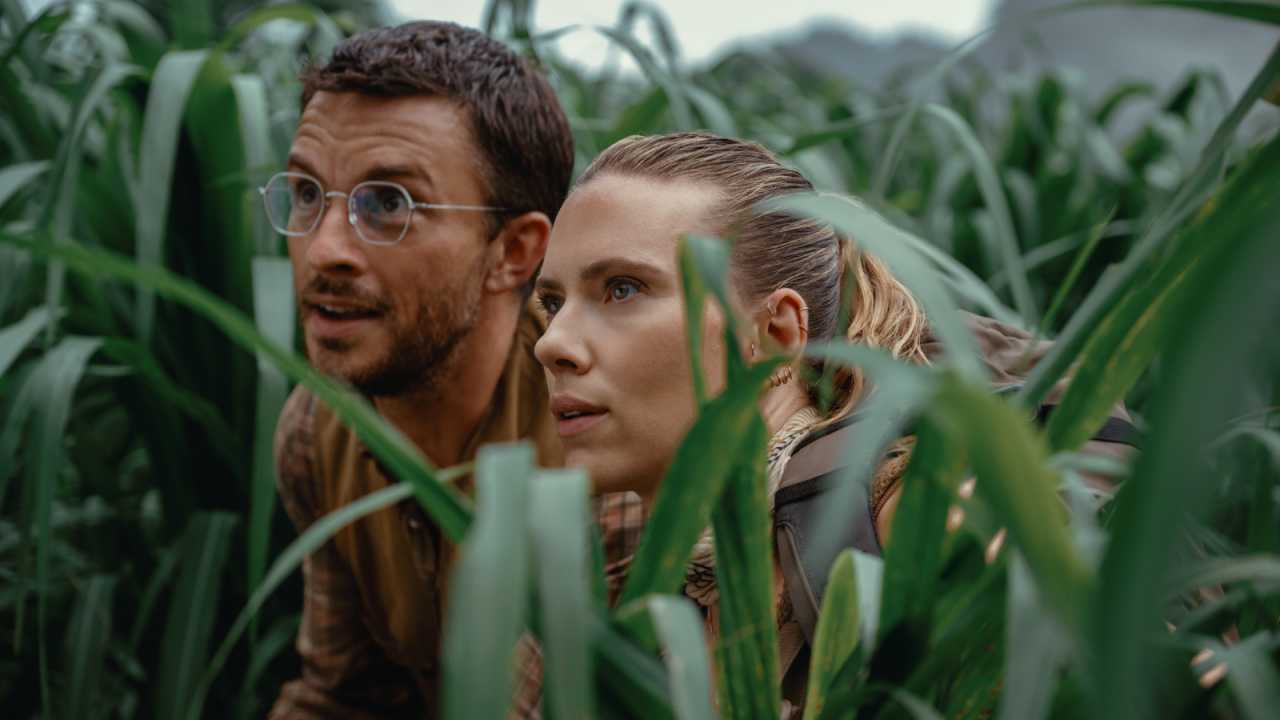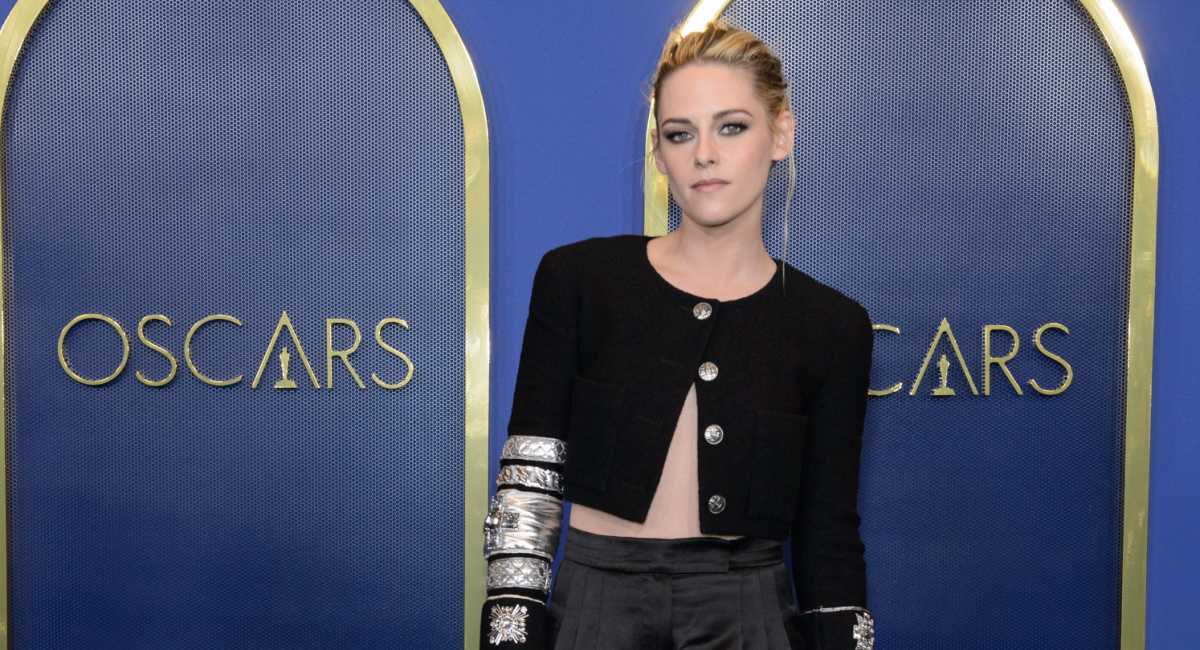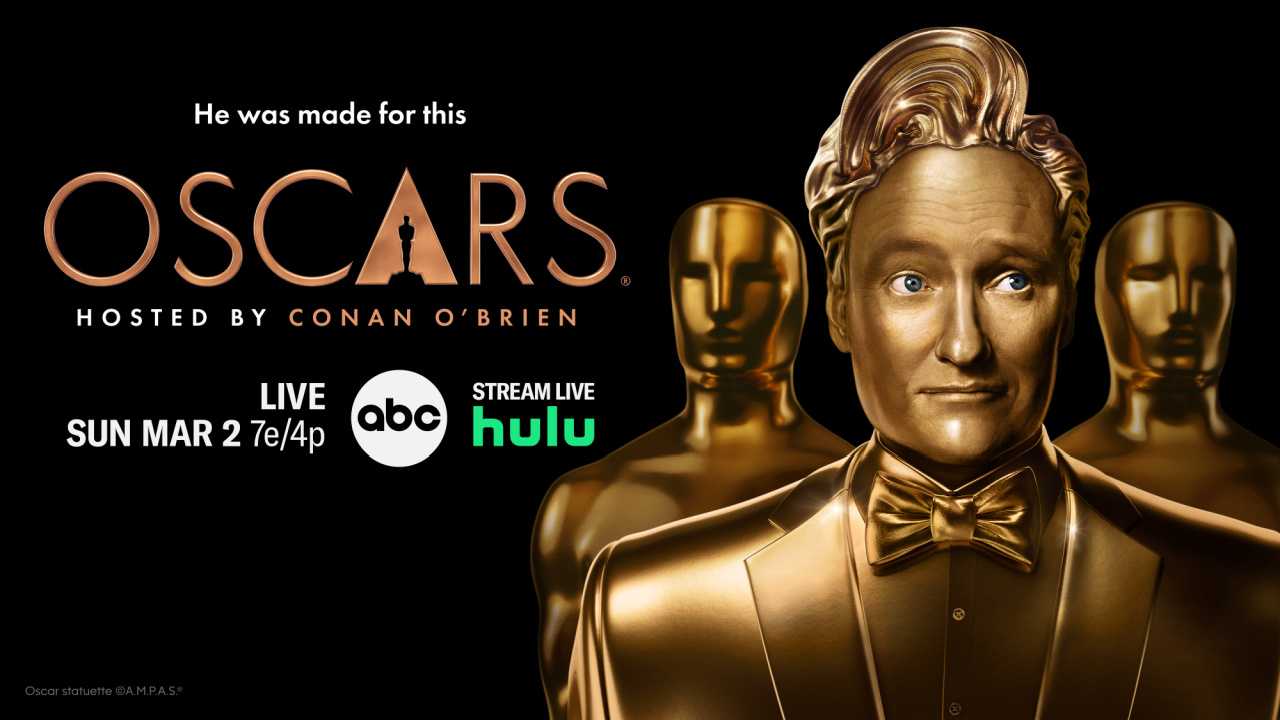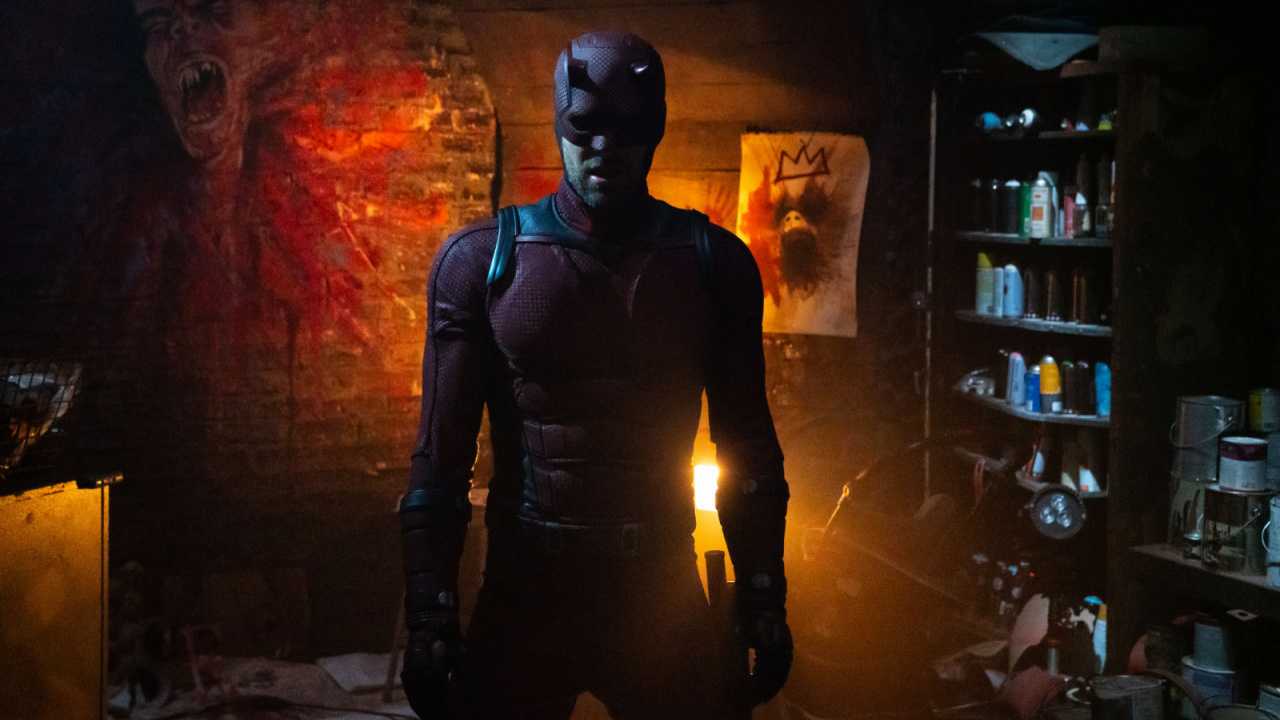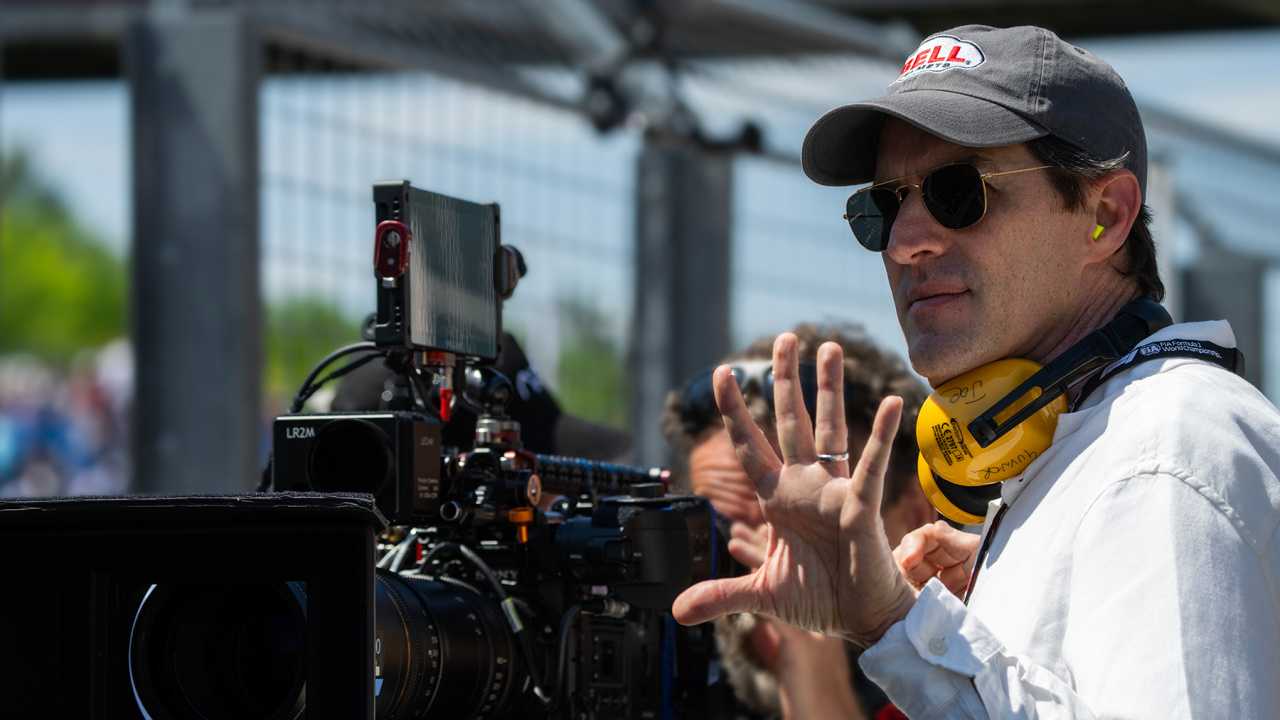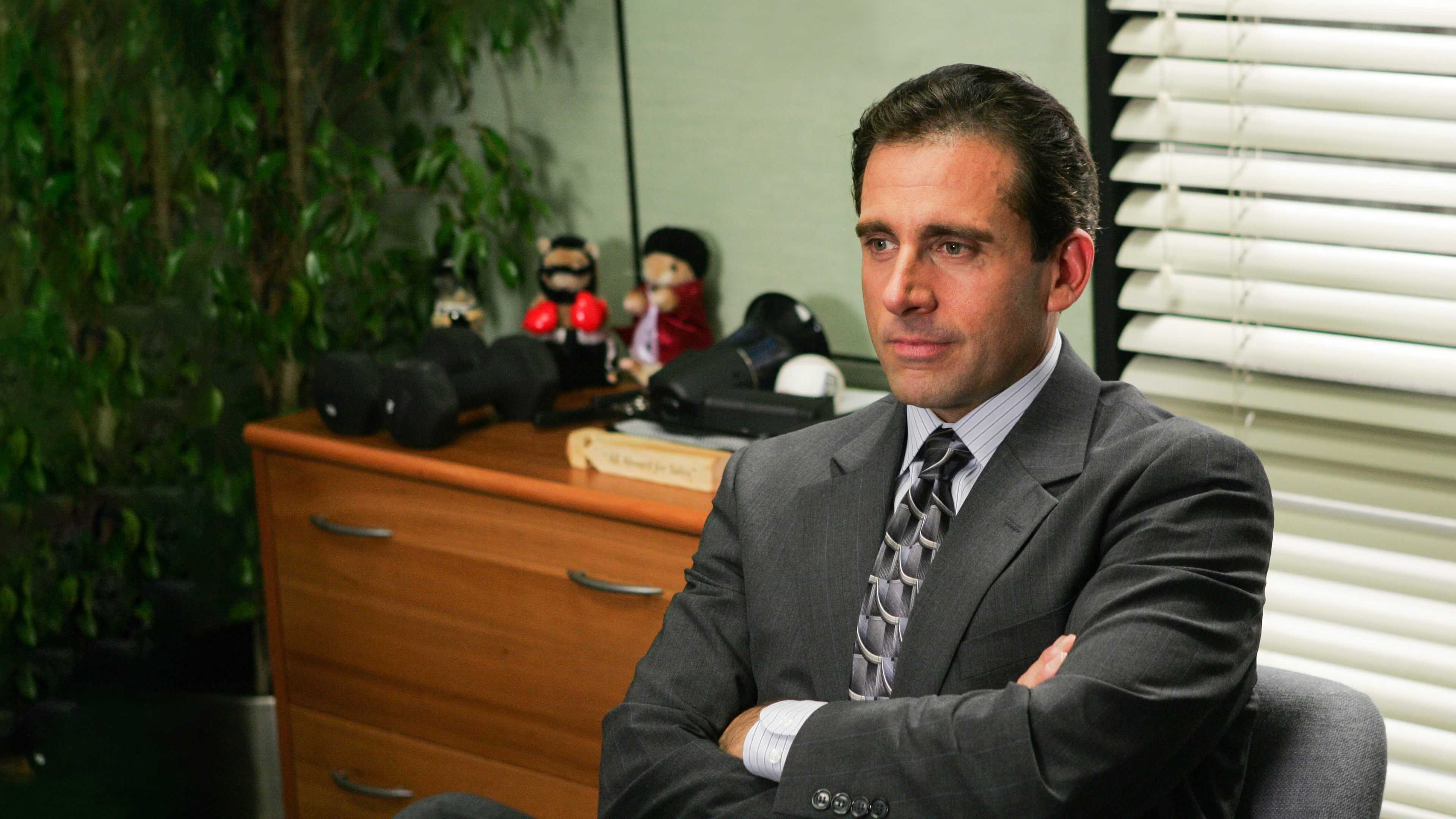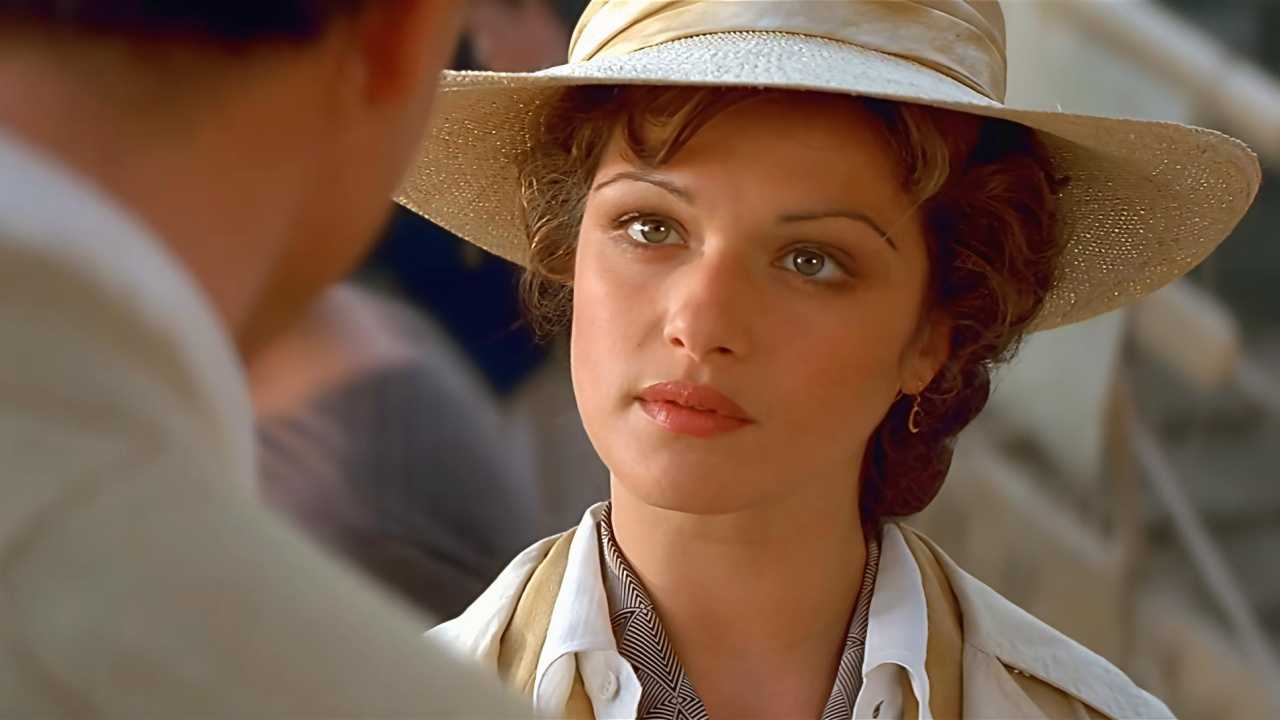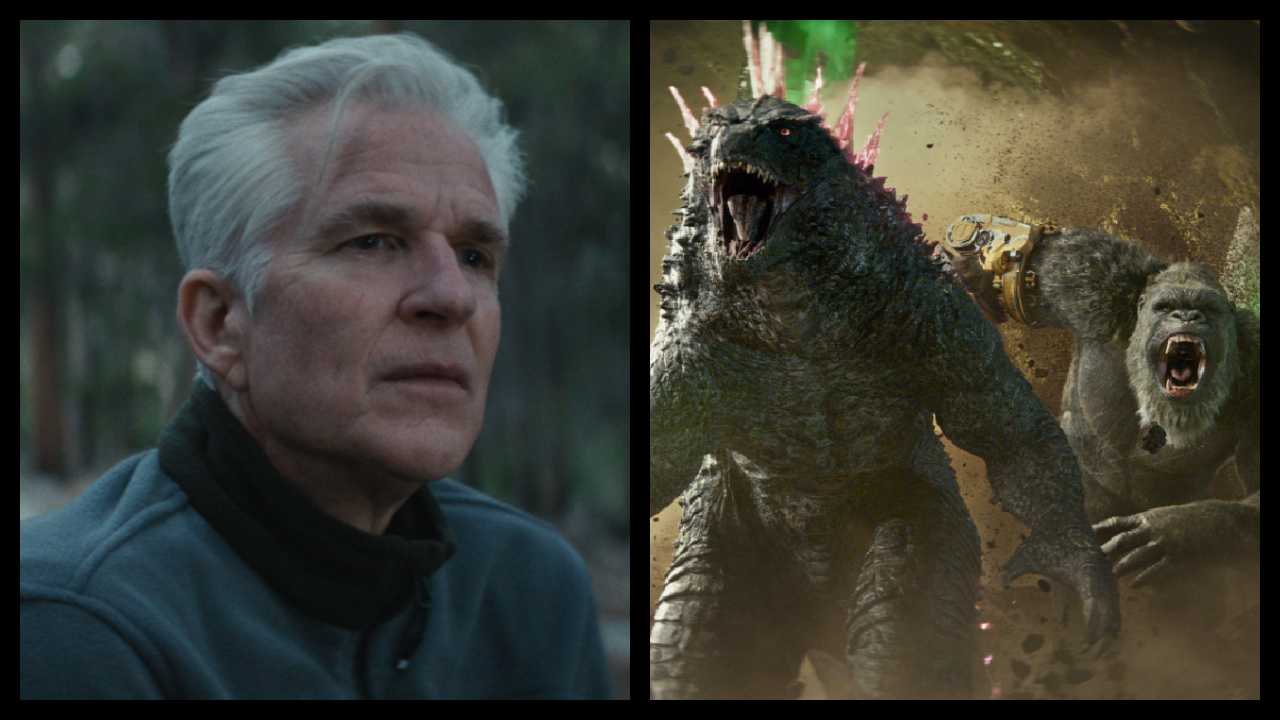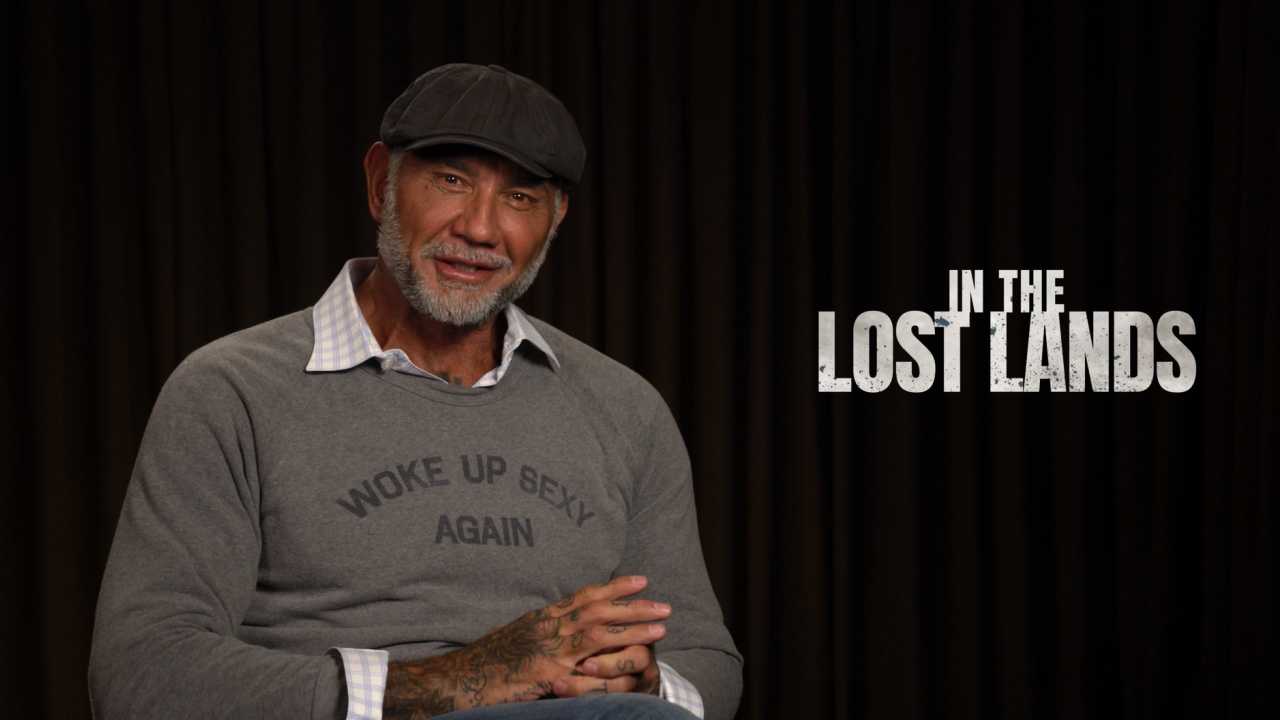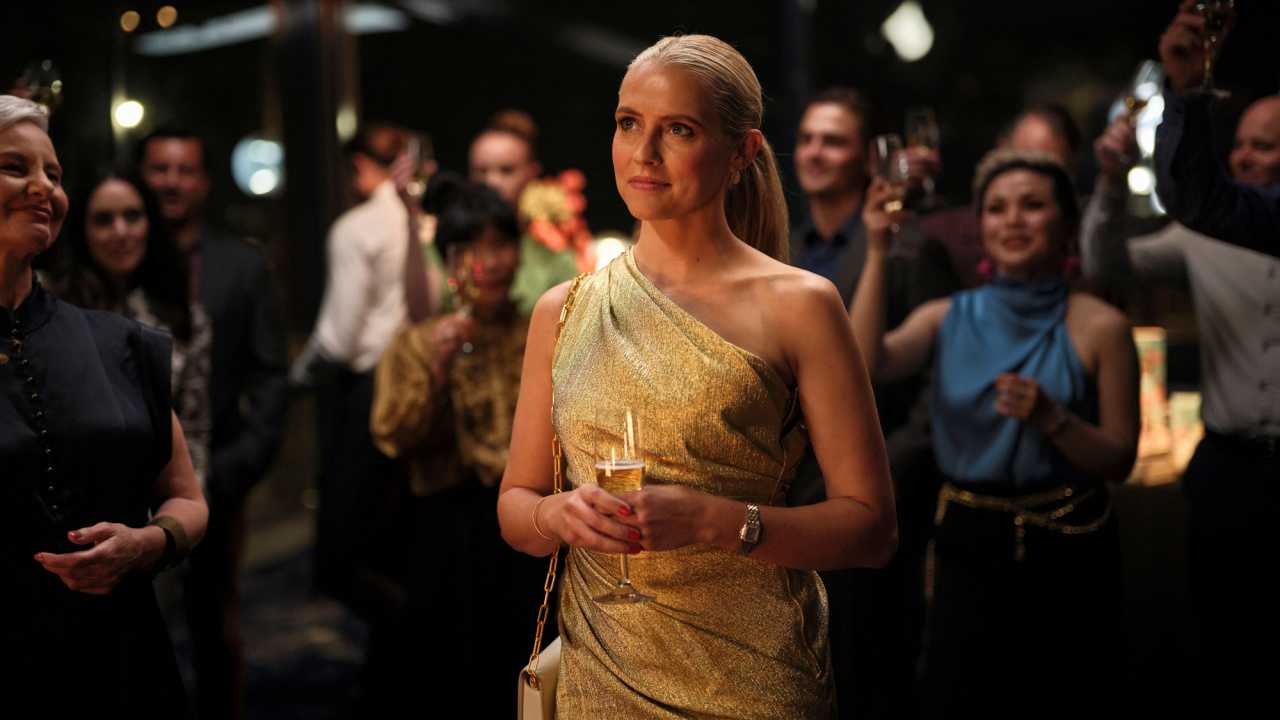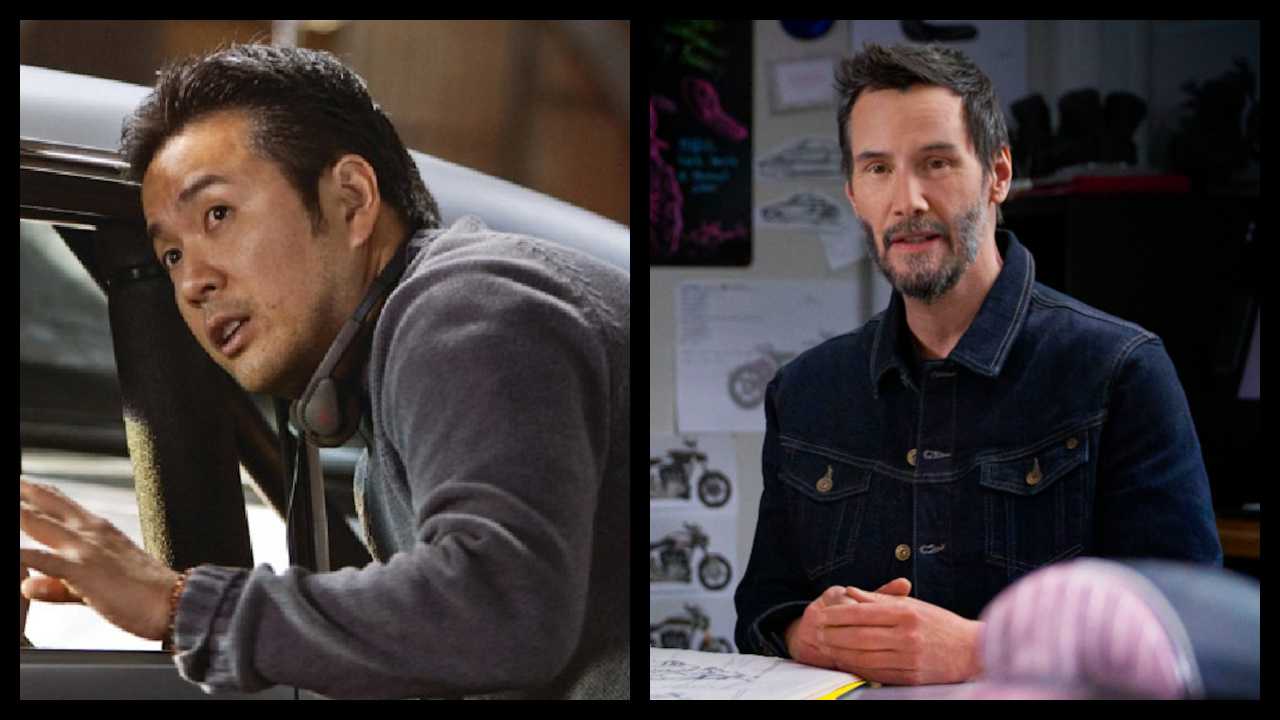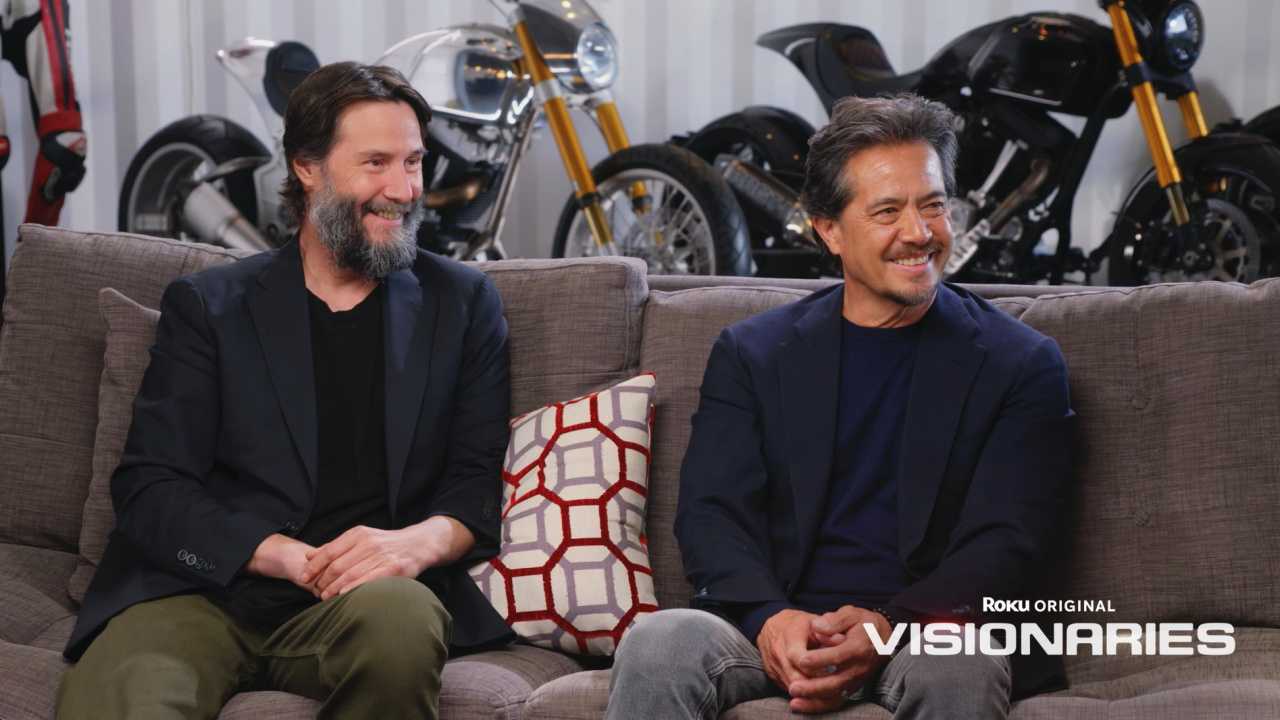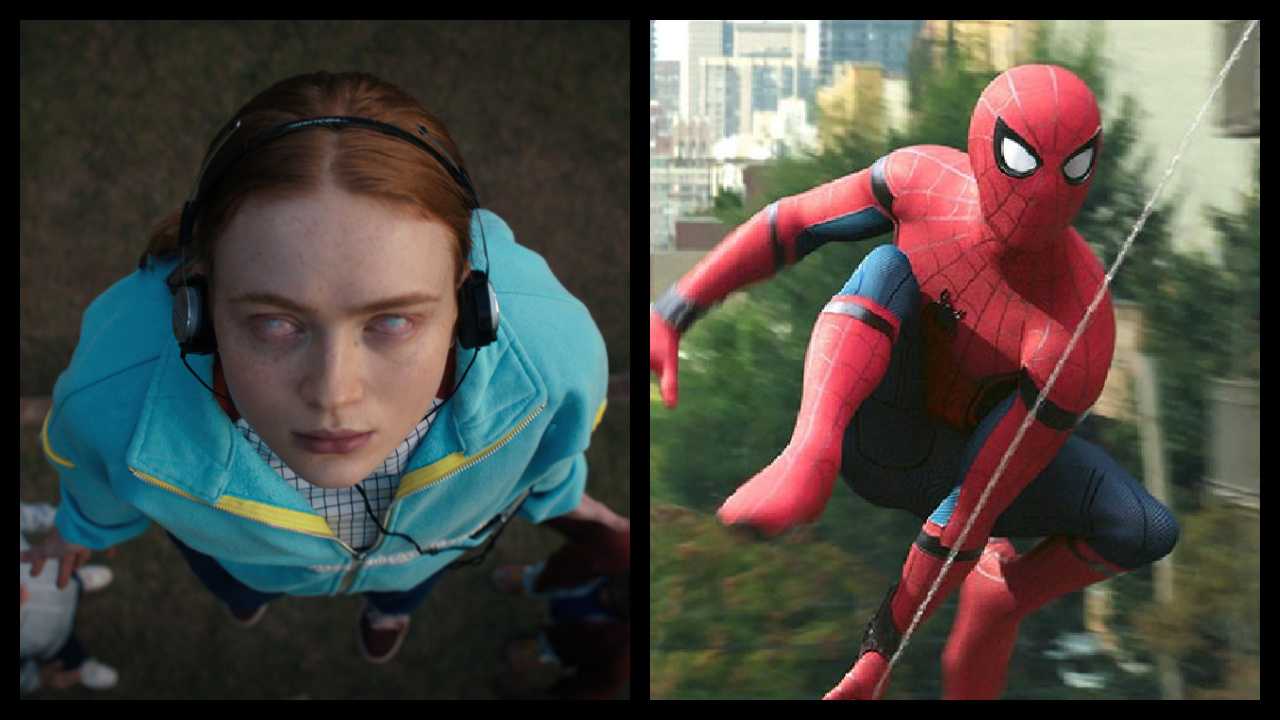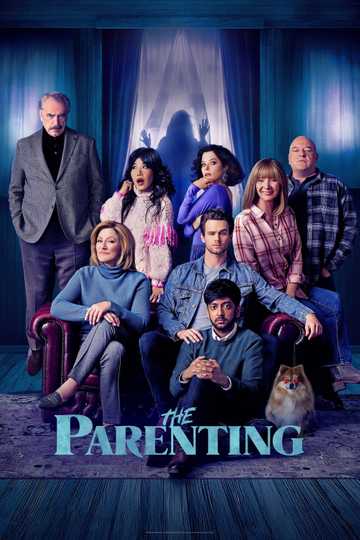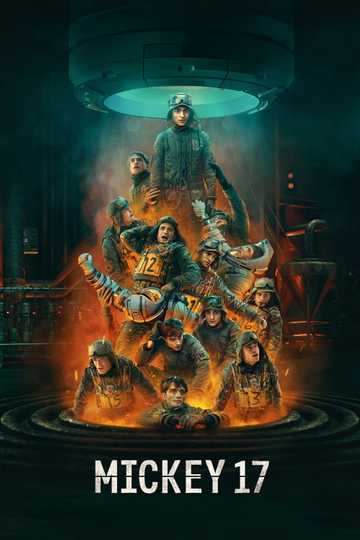Here's How 'Jurassic World' Destroyed Box Office Expectations
Remember the handwringing over the past couple of weeks, when everyone was worried that May's weak box office meant we were in for a summer slump, one that would leave Hollywood's earnings trailing last summer's by more than $700 million?
Well, nevermind.
The opening weekend for "Jurassic World," at $209 million, didn't just set a whole bunch of records. (Biggest opening weekend of all time, biggest June opening ever and biggest debut ever for Universal). It also single-handedly lifted Hollywood out of the box office doldrums it's been in all summer.
At the end of May, the box office was 17.7 percent behind the same period last year. Now, it's up 7.2 percent over last year (May 1 through June 14). This weekend's total theater earnings were twice the size of last week's. And the next several weekends are full of likely blockbusters -- "Inside Out," "Ted 2," "Magic Mike XXL," "Terminator: Genisys," "Minions," "Ant-Man," "Mission: Impossible: Rogue Nation" -- that should help keep up the momentum for the rest of the summer.
And all this because of one gross underestimation.
Sure, pundits had high hopes for "Jurassic World" going into the weekend. They predicted openings anywhere between $100 million (Universal's own conservative guess) and $125 million. The uncertainty was understandable; after all, the movie got mixed reviews, it followed the previous installment by 14 long years (and the last two installments had squandered a lot of the franchise's good will).
Still, the only thing more rare than a $200 million opening weekend is the box office analysts underestimating a film's debut by as much as $75 to $100 million. Maybe $10 million, or $20 million -- or even $30 million, but not this much. The pundits should probably be asking themselves why they keep underestimating this summer's hits by $15 million or more (as they did "Pitch Perfect 2" and "San Andreas"). In the meantime, here's how some of "Jurassic World's" riskier gambles paid off.
1. The Memory Hole
"Jurassic World" asked us to forget that the last two sequels ever happened, positioning itself as the first sequel to the original "Jurassic Park." Its marketing sold the nostalgia factor as well, and the film calls back to "JP" with specific shots and locations. This "ret-con" approach doesn't always work. "Superman Returns" asked viewers to forget "Superman III" and "Superman IV: The Quest for Peace." The two "Amazing Spider-Man" movies wanted moviegoers to neuralyze memories of the entire Tobey Maguire "Spider-Man" franchise.
In all of these cases, the willed forgetfulness didn't exactly work -- not because the movies we were asked to forget were so terrific (often, they were not), but because the reboots offered nothing memorable enough to replace them with. Fortunately, "Jurassic World" lived up to the hype (at least as far as audiences were concerned; they gave it an A grade at CinemaScore, indicating very strong word-of-mouth). As a result, it earned more in three days than 2001's "Jurassic Park III" earned in its entire theatrical run ($181.2 million).
2. Chris Pratt
Pratt starred in two of the biggest hits of 2014 -- "The LEGO Movie" and "Guardians of the Galaxy" -- but he still had doubters to win over. Due to all the good will generated by "Guardians," Pratt's popularity amongst audiences helped them turn out in droves, even though the real stars of this franchise are the dinosaurs. After three giant blockbusters in a row, it's safe to assume that we can finally count Pratt as a major box office draw. Surely the nearly-even gender split (Universal's polling indicates an audience that was 52 percent male, 48 percent female) has something to do with Pratt's immense appeal to both men and women.
3. Hiring Director Colin Trevorrow
Lately, it's been common for studios to hire indie directors with little mainstream Hollywood experience to step up and direct giant, expensive tentpoles. (See Marc Webb on the "Amazing Spider-Man" movies, Gareth Edwards on 2014's "Godzilla," or James Gunn on "Guardians of the Galaxy.") The theory: Better to have good storytelling and character-developing skills than experience marshaling large productions and special effects. For the most part, such risks have paid off.
So it is with Trevorrow, whose last movie was the tiny indie time-travel thriller, "Safety Not Guaranteed." Critics who've grumbled about the sequel's predictable plot and stereotypical characters have been hard pressed to find any of Trevorrow's auteurist stamp on the material. Still, he clearly did what he was paid to do.
4. The IMAX 3D Factor
This is the first film in the franchise to offer first-run screenings in 3D and IMAX. For a long time now, 3D has seemed more trouble than it's worth, with American audiences generally avoiding the extra-surcharge screenings. But this summer's hits -- especially "Avengers: Age of Ultron," "San Andreas," and "Mad Max: Fury Road" -- have enjoyed a box office boost from the 3D surcharges. Speaking of which...
5. Saturation Marketing
Universal and parent company Comcast pulled out all the stops with this film, playing a long marketing game that started two years ago with the 3D re-release of the original "Jurassic Park." The re-release not only earned $45 million, but also whetted the public's appetite for three-dimensional dinosaurs.
This spring, the studio dropped new trailers that revealed an awful lot of the film's surprises (in terms of the movie's new creatures), but they proved effective because they were scary as hell. They also benefited from a moody version of the "Jurassic Park" theme on piano. And the weekend prior to the release of "JW," Comcast rebroadcast "Jurassic Park" on five of its cable channels.
In other words, "Jurassic World" succeeded because there was no escaping its carnivorous maw. It simply ate everything in sight.

